Originally posted May 3, 2013. Updated September 18, 2024.
We’ve talked a lot about helping kids with articulation disorders here on Mommy Speech Therapy. I’ve shared my Articulation Screener to help you identify the sounds kids are saying in error as well as an Articulation Goal Tracker to help select the sounds that need to be targeted and keep track of progress. But what if your child has so many sound errors you don’t know where to start, or they are so difficult to understand you don’t know how to help them? If this is the case they may have more than an articulation delay, they may have a phonological disorder characterized by the presence of phonological processes beyond what would be expected.
What are Phonological Processes?
Phonological processes are patterns of sound errors that typically developing children use to simplify speech as they are learning to talk. They do this because they don’t have the ability to coordinate the lips, tongue, teeth, palate and jaw for clear speech. As a result they simplify complex words in predictable ways until they develop the coordination required to articulate clearly. For example, they may reduce consonant clusters to a single consonant like, “pane” for “plane” or delete the weak syllable in a word saying, “nana” for “banana.” There are many different patterns of simplifications or phonological processes.
You can download my FREE Phonological Processes Chart HERE or click the link below. This chart lists common phonological processes and an approximate age at which children should no longer be using them.
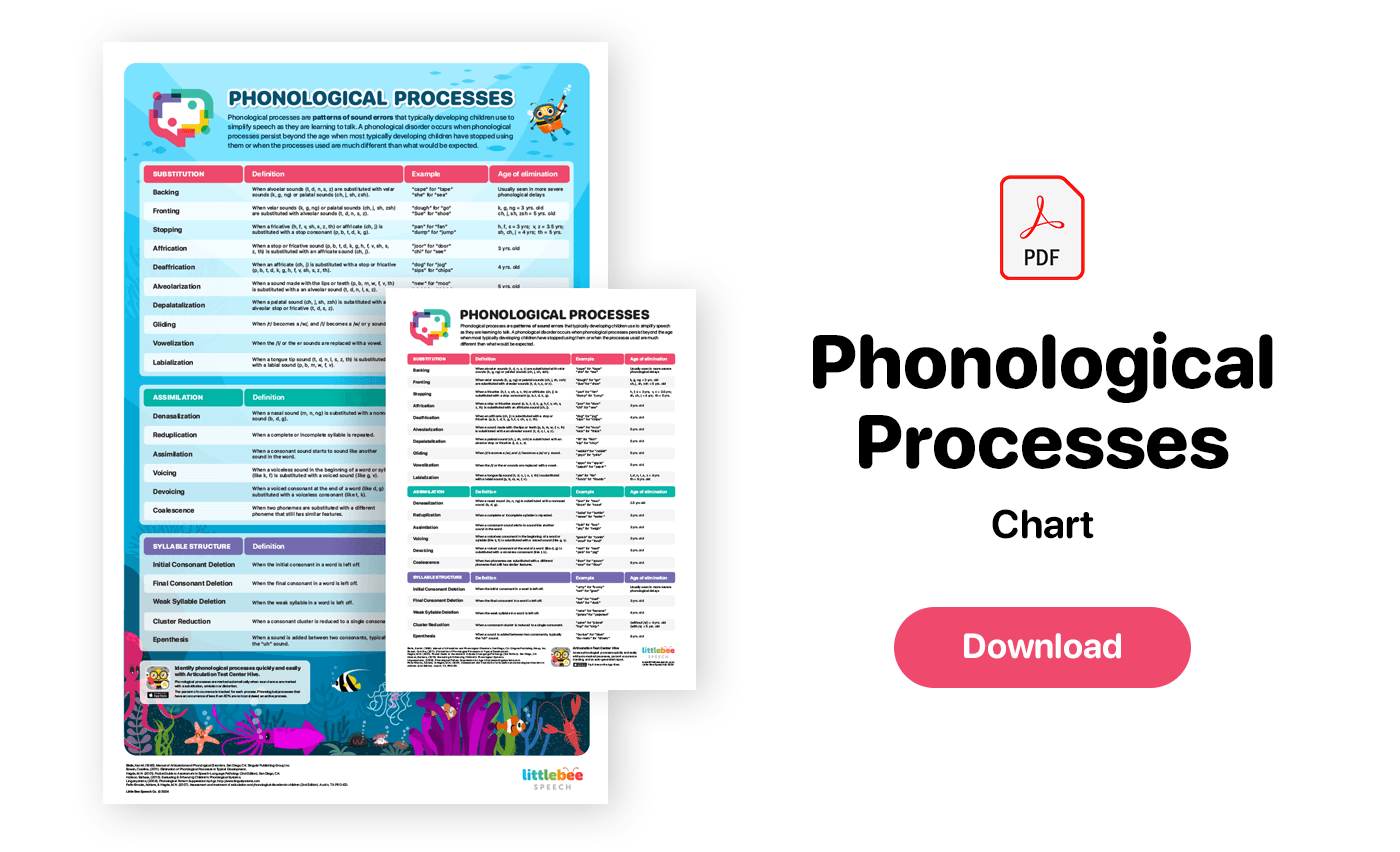
What is a phonological disorder?
These processes are considered normal unless they persist beyond the age when most typically developing children have stopped using them. For example if your 4 year old still uses the phonological process of “reduplication” (saying, “wawa” for “water”) that would be considered delayed since most children stop using that process by the time they turn 3.
A phonological delay may also be considered if the processes the child is using are different than what would be expected. For example, if your child leaves all of the beginning sounds off of his/her words it would be considered a delay since “initial consonant deletion” is not common in typical development.
The excessive use of phonological processes can also indicate a phonological disorder because when multiple phonological processes are exhibited together it usually increases the child’s unintelligibility making them really difficult to understand. As a result, if you have a highly unintelligible child they’re likely to have a phonological delay, and their phonological skills should be assessed when considering a treatment plan.
If you’re uncertain as to how intelligible your child should be based on their age, the standard guideline is by 2 years old a child should be 50% intelligible to an unfamiliar listener. By 3 years old they should be 75% intelligible to an unfamiliar listener and by 4-5 years old they should be close to 100% intelligible to an unfamiliar listener even if a few articulation errors are still present in their speech. Refer to the speech sound intelligibility chart HERE.
Articulation or Phonological Disorder?
Since phonological disorders and articulation disorders are both speech sound disorders it can sometimes be tricky to know which speech sound disorder is present. Here are a few tips on how to tell the difference.
- Speech sound errors persist beyond what is developmentally appropriate. Refer to the Speech Sound Development Chart for details.
- A child is mild to moderately unintelligible
Children with an articulation disorder typically respond well to a traditional articulation therapy approach where one sound is targeted at a time. For a guide on traditional articulation therapy refer to “The Process of Articulation Therapy.”
As described above, a speech sound disorder is considered a phonological disorder when:- Phonological processes persist beyond the typical age of development. You can refer to the Phonological Processes Chart for details.
- Phonological processes are used that are not seen in typical development
- A child is highly unintelligible due to the excessive use of phonological processes
Treatment for Phonological Disorders:
Remediation for kids with phonological disorders usually involves targeting the phonological processes in error as determined by the speech language pathologist. Targeting the phonological processes, as opposed to targeting each error sound by sound as you would in a traditional articulation approach, usually improves speech intelligibility at a faster rate for kids with phonological disorders. If you suspect your child may have a phonological disorder or you are concerned about your child’s speech intelligibility you should contact a speech language pathologist for an evaluation.
As always, I wish your kids the very best in becoming successful communicators and with your help and support I know they can!
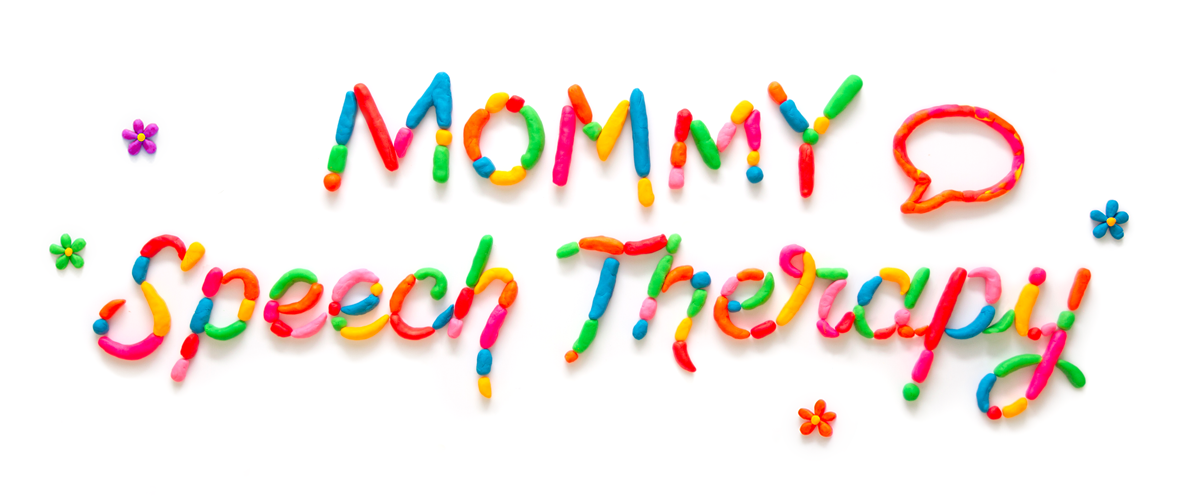
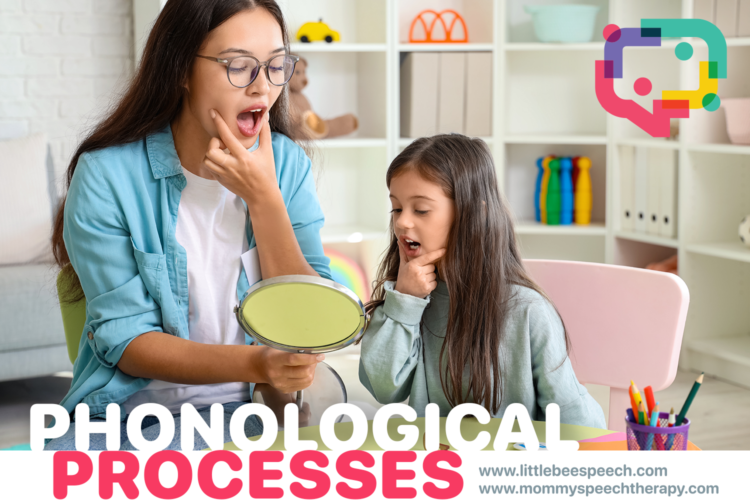
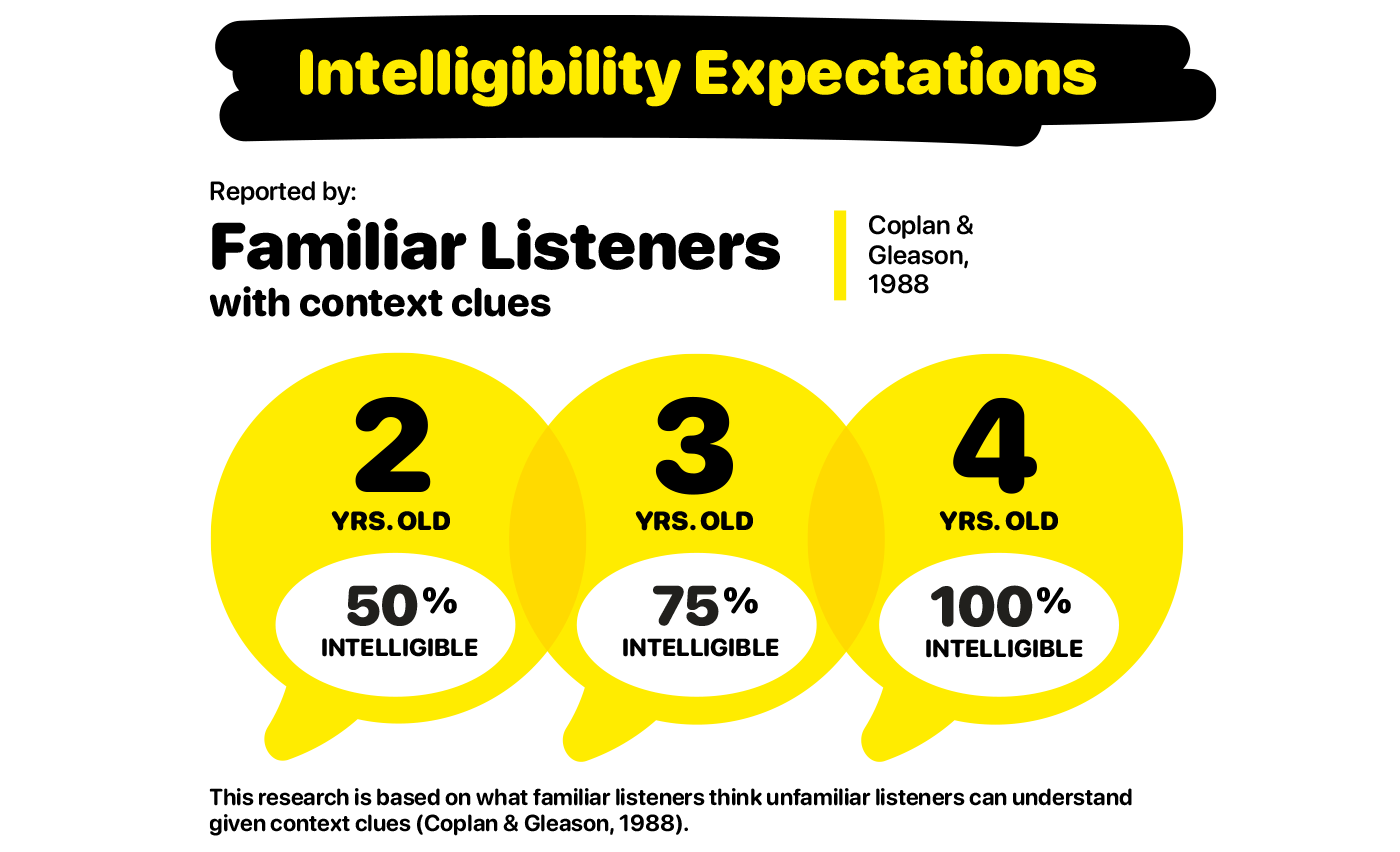
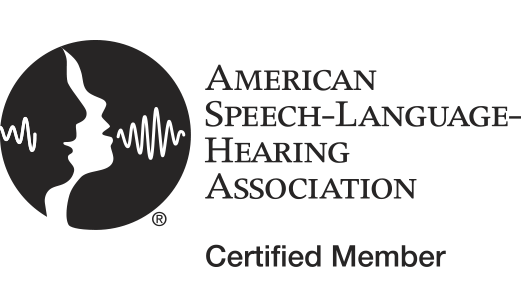


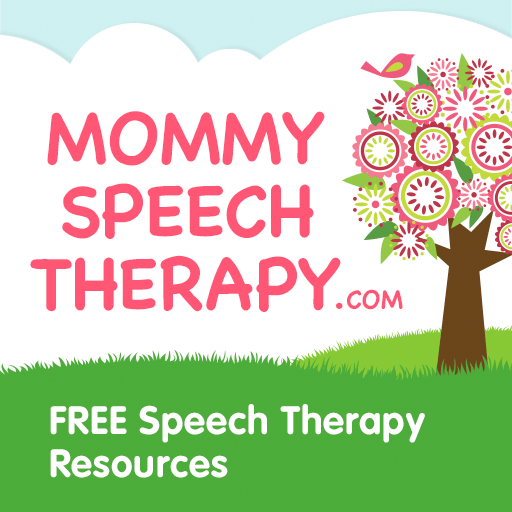
17 Comments